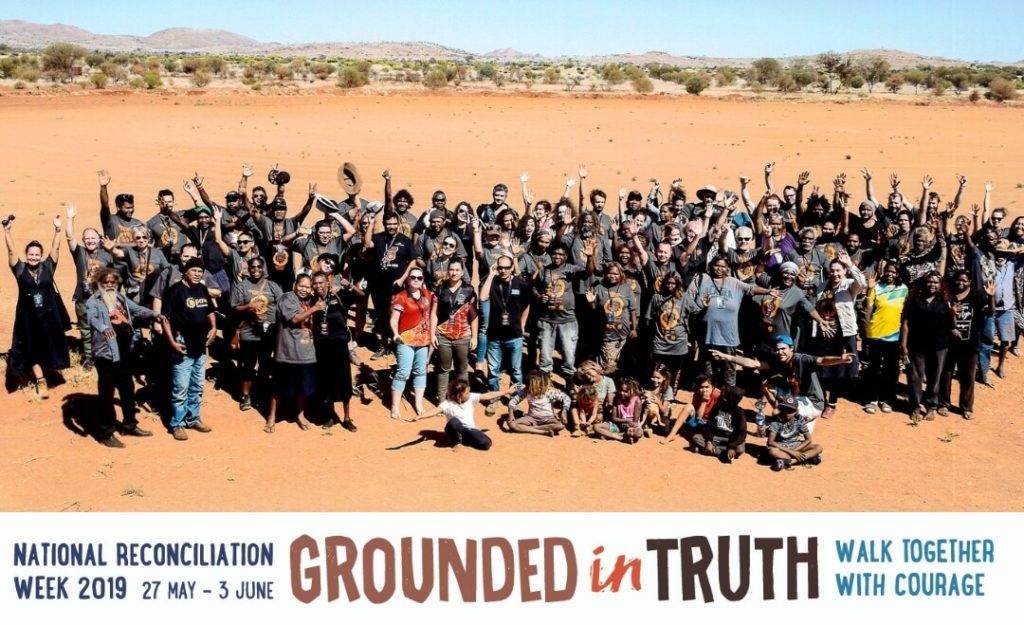Community stories: 29 May 2019
The National Remote Indigenous Media Festival is First Nations Media Australia’s major industry event celebrating achievements and supporting the training of the remote Indigenous media sector. Each year the festival location alternates between remote desert and coastal communities to make it as accessible and relevant for its participants as possible. With the annual change in locations comes the need to source funding.

First Nations Media Australia, formerly known as the Indigenous Remote Communications Association is the peak body representing and supporting the media and communications needs of remote Aboriginal and Torres Strait Islander people.
The organisation advocates for community-focused broadcasting, providing tools, networks and resources to support Indigenous media organisations and workers to upskill and build their capacity.
First Nations Media Australia secured $5,000 from FRRR’s Small Grants for Rural Communities program, funded by The Pratt Foundation, to purchase iPads, mobile phones and software to help deliver one of the 2017 festival’s key workshops, Working with Mobile Devices.
More than 100 remote Indigenous media outlets and industry partners from across Australia gathered in the community of Irrunytju (Wingellina) on Ngaanyatjarra country – about 1,700 kilometres north east of Perth near the borders of Western Australia and South Australia for an action-packed week-long industry event.
The festival provided an opportunity for delegates to work together toward innovative solutions for the challenges faced by the remote media sector, connecting people, places and stories across the country to strengthen culture, identity, and well-being. It involved industry forums and skills development workshops led by inspiring trainers and facilitators, and in the evenings, time was spent enjoying, acknowledging and celebrating local culture and talent, including movies, music and award presentations.
Some great work was produced during the workshop, including a high-quality animation entitled 7 Sisters, which was created by trainees and showcased at the final day’s workshop presentations to much acclaim by delegates. In most cases, participants were able to work independently after the initial training.
This small grant helped more than 100 people from remote Indigenous communities and media organisations to gain meaningful training and industry knowledge from experienced trainers and Indigenous leaders. Participants left inspired, enthused and more confident about their work in the sector.
Examples of completed work can be viewed on https://firstnationsmedia.org.au/.

